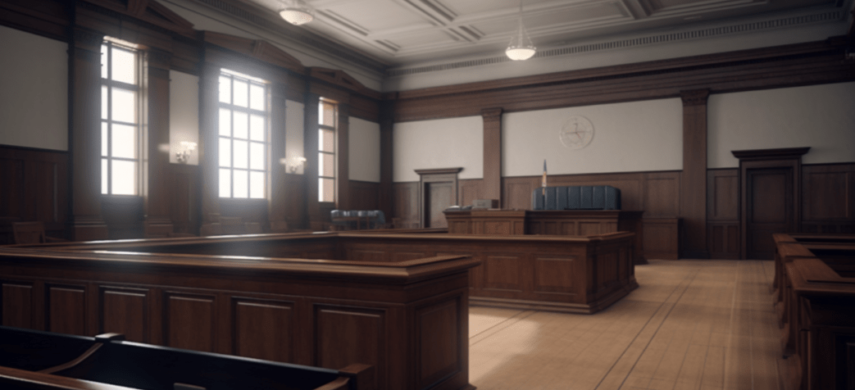
In Florida, the statute of limitations on any action by a creditor to collect a debt is five years from the date of default or acceleration. This means that if the statute of limitations expires, your lender cannot initiate a foreclosure action. However, it’s important to note that the lien, which is the legal claim or “hold” on the property due to an unpaid debt, remains a burden on the property for at least another 15 years from the date it was originally recorded.
The Impact of Mortgage Discharge in Bankruptcy
When a mortgage is discharged in bankruptcy, the debtor is released from personal liability for the loan. This holds true regardless of whether the lender was deeded back the property during the bankruptcy proceedings. Therefore, if your mortgage was discharged in bankruptcy, you are no longer personally liable for the debt. Additionally, any deficiency judgment, which is a court order to pay the balance of a loan when the proceeds from the sale of the collateral are not enough to cover the debt, is wiped out by the bankruptcy.
The Persistence of the Lien
Despite the discharge of the mortgage in bankruptcy, the lien remains against the property. This means that your lender may still legally foreclose on the property as a way to wipe out secondary liens and cover losses. The foreclosure action is solely against the property, as you’ve been released from liability. However, the foreclosure should not appear on your credit reports unless it began prior to your bankruptcy filing.
Foreclosure Actions Post-Discharge
Even after the discharge of the mortgage in bankruptcy, your lender may proceed with a foreclosure. You may be named as a party of interest in their filing, but remember, the foreclosure action is solely against the property, not against you personally. If your lender is attempting to collect from you, they may be in violation of the discharge or state consumer laws. It’s crucial to consult qualified professionals for guidance in such situations.
Navigating Post-Discharge Foreclosure and Collection Attempts
Dealing with potential foreclosure actions and collection attempts after a mortgage discharge can be complex. It’s crucial to seek professional advice. If you’re facing a situation involving potential foreclosure or collection attempts, consult with a real estate attorney or a bankruptcy attorney. They can help you understand the potential implications and guide you through the process. Remember, every situation is unique, and what applies to one homeowner may not apply to another. Therefore, personalized advice is essential when navigating post-discharge foreclosure and collection attempts.
The opinions in this post are solely those of the author. The author takes full responsibility for the content. Like all blog posts, this is offered for general information purposes and does not constitute legal advice.







